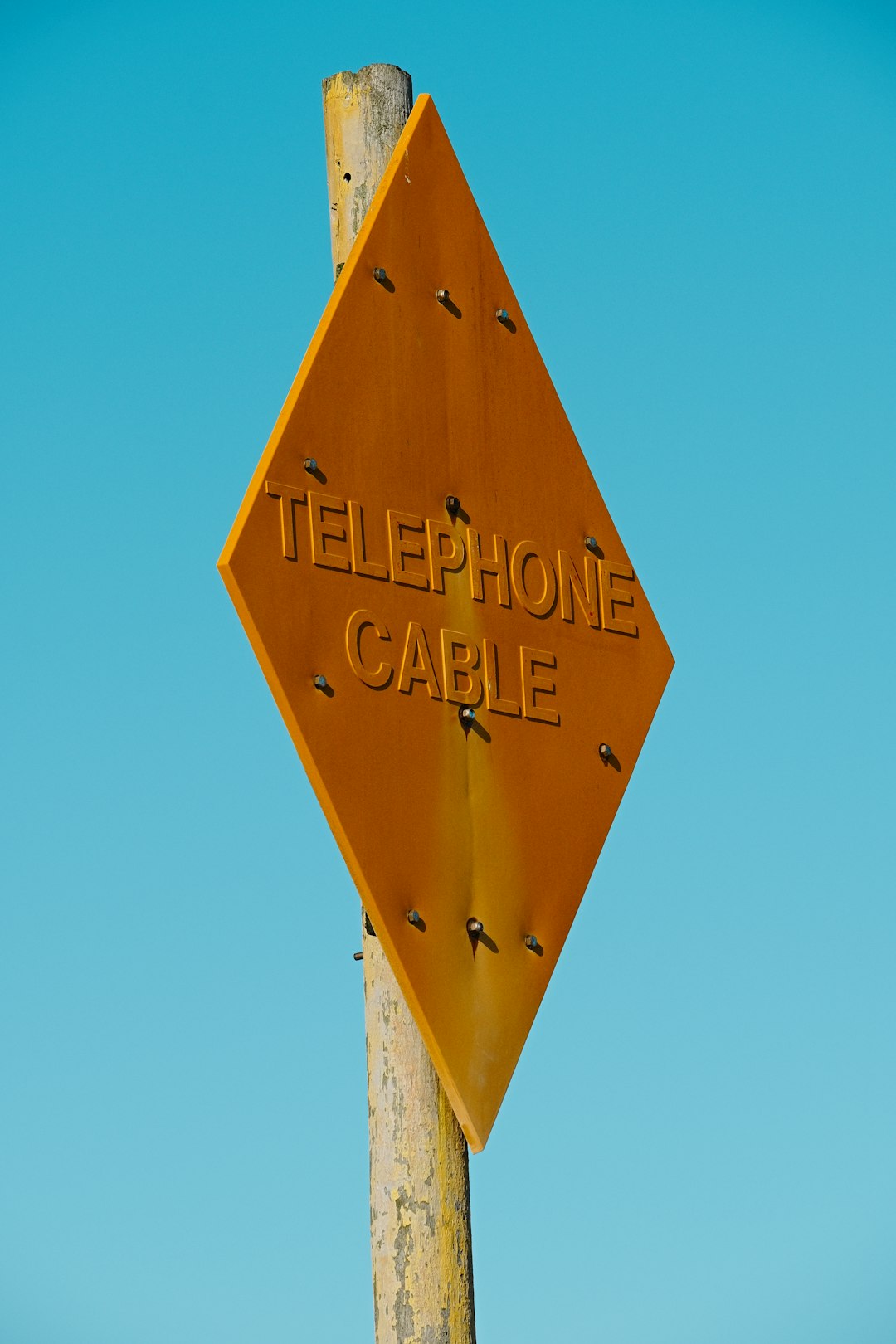Caller ID spoofing, a growing concern in California, involves individuals altering their phone numbers to appear as others. This deceptive practice, using technology to mask identities, allows spammers and scammers to hide their true sources. In response, victims often turn to Unwanted Call Lawyers California, Unwanted Call Attorneys California, or Unwanted Call Law Firms California for guidance on blocking numbers, filing complaints, and potential legal action against recurring offenders, as these professionals specialize in combating such deceptive practices under California's stringent consumer protection laws.
In today’s digital age, caller ID spoofing has emerged as a pervasive and insidious practice. Understanding how this manipulation of caller information works is crucial to safeguarding your privacy and navigating the legal landscape. This article delves into the intricacies of caller ID spoofing, exploring its methods, technological underpinnings, and significant legal implications in California. With a focus on protecting individuals from unwanted calls, we guide you through your options, emphasizing when to consult an Unwanted Call Lawyer California for specialized assistance.
What is Caller ID Spoofing?

Caller ID spoofing is a deceptive practice where individuals or entities alter their phone number to appear as another on a recipient’s Caller ID display. This technique involves manipulating the signaling data transmitted between telephone networks, often using software and specialized hardware. By doing so, spammers, scammers, or even regular callers looking for an edge can mask their true identity, making it difficult for recipients to identify and block unwanted calls. In California, where there are stringent consumer protection laws, this practice has significant legal implications.
For those who receive unwanted calls, often from telemarketers or fraudsters, seeking legal counsel from a qualified unwanted call lawyer in California is advisable. Expert unwanted call attorneys can guide individuals on their rights and available options, including blocking numbers, filing complaints, and potentially taking legal action against recurring offenders. Reputable unwanted call law firms in California specialize in such cases, offering support to protect consumers from these deceptive practices.
– Definition and basic concept

Caller ID spoofing is a deceptive practice where a caller deliberately falsifies or masks their identity through technology. It involves altering the display name and number shown on a recipient’s phone, often to hide the true origin of the call. The basic concept is straightforward: a person or entity uses software or specialized hardware to falsify their Caller ID information, making it appear as though the call is coming from somewhere other than its actual source. This technique allows for anonymous or misleading communication, raising significant concerns among consumers and legal experts alike.
In California, where consumer protection laws are stringent, unwanted call lawyers and attorneys play a crucial role in addressing this issue. Unwanted call law firms in California specialize in helping individuals and businesses navigate the legal complexities surrounding Caller ID spoofing. They offer guidance on their rights under state and federal regulations, such as the Telephone Consumer Protection Act (TCPA), which prohibits certain types of unsolicited telephone calls. If you’ve received an unwanted call and suspect spoofing, contacting a qualified lawyer can be beneficial. Unwanted call lawyers California can assist in understanding your options, pursuing legal action if necessary, and ensuring that your rights are protected against this deceptive practice.
– How it manipulates caller information

Caller ID spoofing is a deceptive practice that manipulates the information displayed on a recipient’s caller ID. It involves altering or faking the data to show a false number, name, or even company as the origin of a call. This technique has become more advanced with technological advancements, allowing individuals to mask their identities and make unwanted calls without revealing their true source. When someone receives an unauthorized or harassing call from an unknown number, it might appear as if it’s coming from a familiar contact or even a legitimate business, luring the recipient into answering.
This manipulation of caller information has significant legal implications, especially in California, where numerous cases of unwanted calls have led many victims to seek help from unwanted call lawyers California, unwanted call attorneys California, and unwanted call law firms California. Such activities can violate various state and federal laws, including telecommunications regulations and privacy acts. As technology continues to evolve, so do the legal strategies to combat these deceptive practices, ensuring that individuals are protected from harassing or fraudulent calls.
Methods of Caller ID Spoofing

Caller ID spoofing is a deceptive practice where individuals or entities alter their phone number to appear as someone else on the recipient’s Caller ID display. This technique has evolved over time, becoming more sophisticated and easier to access. One common method involves using Voice over Internet Protocol (VoIP) services that allow users to choose virtual numbers from different locations. By doing so, call perpetrators can make it seem as though they are calling from a different area code or even a foreign country, misleading recipients about the true origin of the call.
Additionally, software and hardware-based solutions enable manipulators to spoof Caller ID by intercepting and altering call data before it reaches the recipient’s device. These methods have led to an increase in unwanted calls, including fraud, telemarketing, and harassment cases. Unwanted call lawyers California and law firms specializing in this field are increasingly needed to navigate the legal complexities surrounding caller ID spoofing and protect consumers from such deceptive practices.






